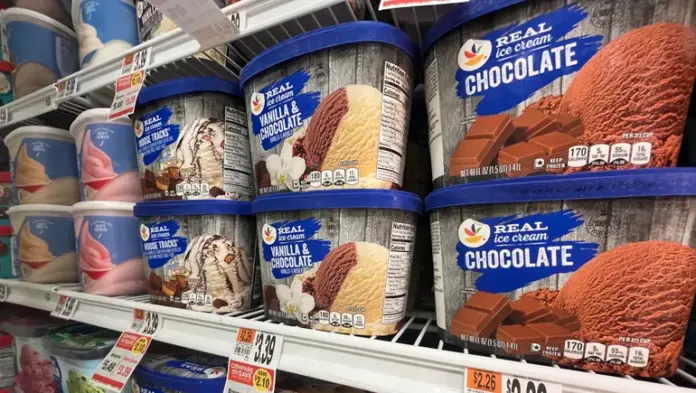Private label lines have evolved beyond being perceived as a way for shoppers to save money, with increasing consumer loyalty and demand for additional value. According to FMI – The Food Industry Association’s report, "The Power of Private Brands 2025," grocery retailers can further capitalize on the value proposition of their store brands to drive growth and compete effectively in the market.
Consumer Loyalty and Value Proposition
- Private label products have seen a surge in consumer loyalty, with shoppers increasingly choosing store brand items for their perceived value and affordability.
- FMI’s findings reveal that nearly half of consumers are very likely to continue purchasing private label goods even if grocery prices decrease, highlighting the strength of private brand loyalty.
- Shoppers are looking for more value opportunities from grocers, such as buy-one-get-one offers, end cap specials, coupons, and bulk item discounts.
Competing Against Club Retailers
- Emphasizing private brand offerings can help grocers compete against club retailers, which experienced the highest growth in private label sales during the 52-week period.
- Grocers need to focus on highlighting the unique value proposition of their store brands to differentiate themselves in the market and attract more consumers.
Strategic Marketing and Promotion
- Grocers have room to explore various marketing strategies to promote their private label products effectively.
- Recommendations from family and friends, coupons, in-store signage, grocery store websites/apps, and loyalty programs are key factors influencing shoppers’ brand choices.
- Offering promotions, discounts, and incentives can drive consumer engagement and loyalty towards private label products.
Industry Analysis
The rise in consumer loyalty towards private label products presents both opportunities and challenges for the food and beverage industry. While grocers can leverage private label offerings to attract price-sensitive consumers and build brand loyalty, they also face competition from club and mass retailers. The strategic outlook for food and beverage professionals includes:Global Pricing
- The demand for private label products may impact global pricing strategies, with grocers needing to balance affordability and value to attract consumers.
- Pricing strategies will play a crucial role in driving sales and maintaining competitiveness in the market.
Logistics and Supply Chains
- Grocers will need to optimize their supply chains to meet the growing demand for private label products and ensure efficient distribution to stores.
- Logistics planning is essential to streamline operations and minimize costs associated with sourcing and stocking private brand items.
Food and Beverage Planning
- Strategic planning for food and beverage professionals should focus on product innovation, marketing, and promotion of private label offerings to drive sales and enhance brand loyalty.
- Sustainability initiatives can also play a key role in attracting environmentally conscious consumers and differentiating private label products in the market.
In conclusion, the evolving landscape of private label products presents a significant opportunity for grocers to drive growth, increase consumer loyalty, and compete effectively in the market. By focusing on the value proposition of their store brands, optimizing marketing strategies, and addressing consumer needs, food and beverage professionals can navigate the changing industry dynamics and secure a competitive edge in the market.

